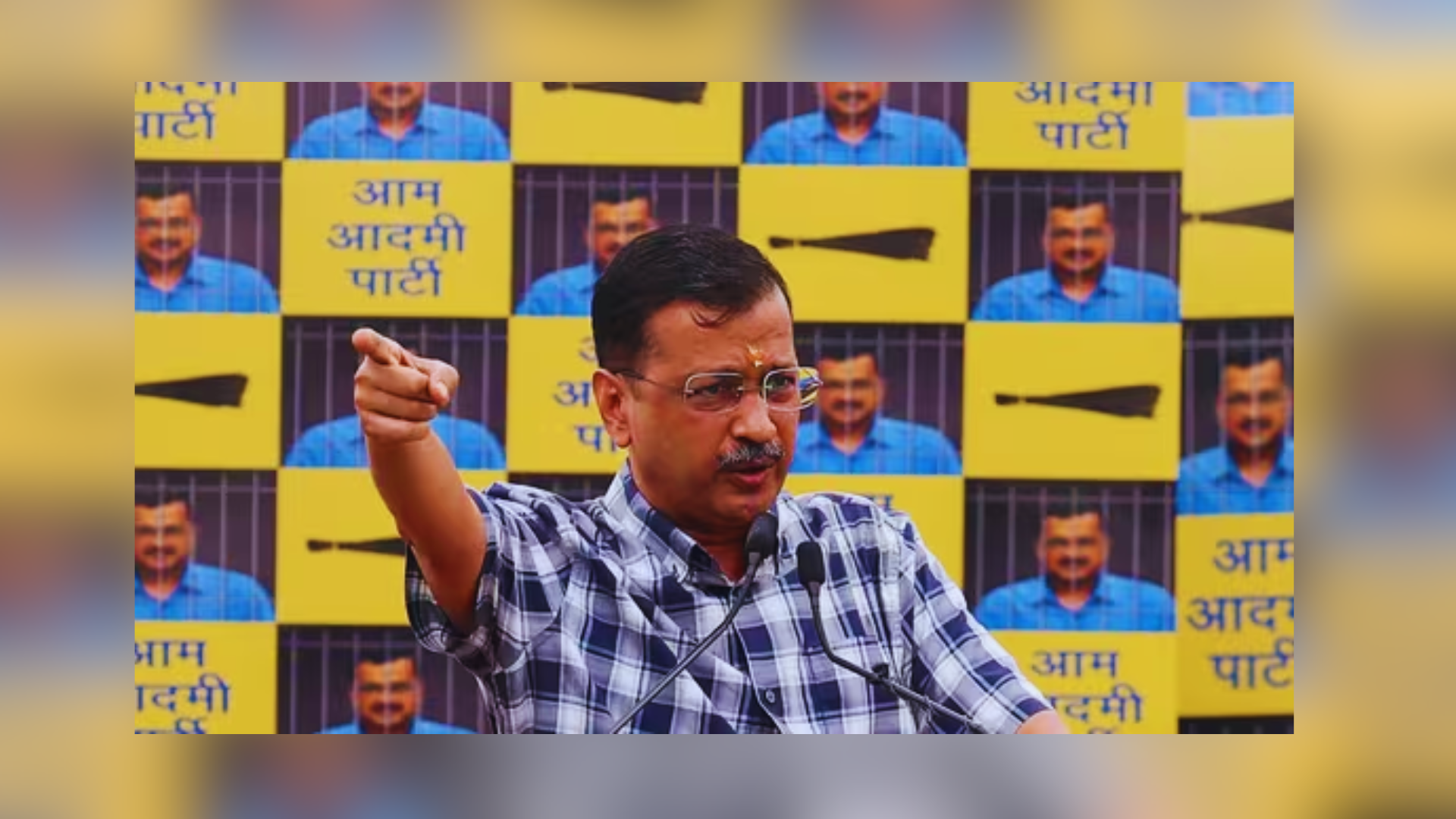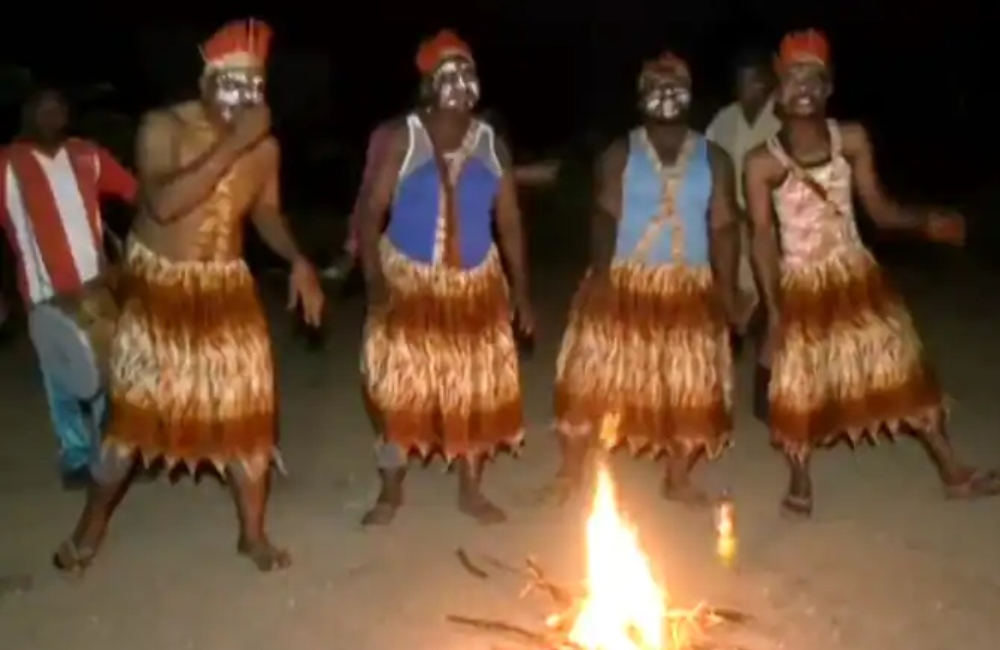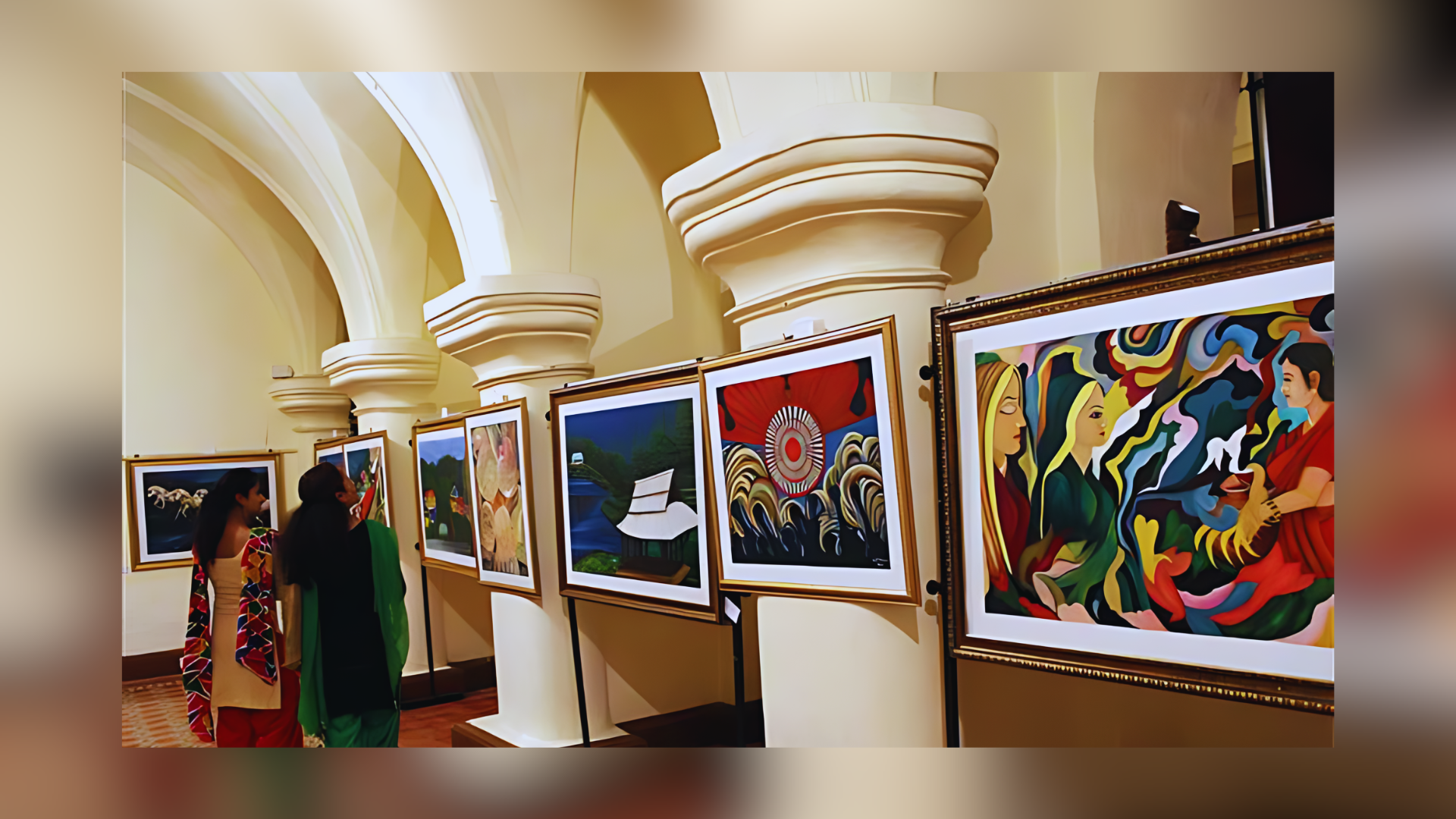










India’s mini-African hamlet, Jambur will vote in its unique tribal booth for the first time as Gujarat prepares to vote in the first round of assembly elections.
The first phase of Gujarat Assembly election will be held in 89 of the 182 seats scattered over 18 districts of Gujarat. The remaining seats will be decided in the second round of voting on December 5.
A senior citizen from Jambur village, Rahman expressed his excitement saying, “It gives us tremendous joy that the Election Commission has chosen to build a customised voting booth for us. We’ve been in this village for a long time. But this is the first time this has happened, which makes us quite thrilled. Our ancestors are from Africa, and we arrived in India many years ago. When the fort in Junagadh was being built, our forebears came here for labour. We first stayed in Ratanpur village, then eventually moved to Jaanwar village. We now have the status of a Siddhi tribal group.”
He further said that despite their African ancestry, they have been following Indian and Gujarati traditions.
Abdul Maguj Bhai, a Talala independent candidate stated that the local people suffers in the region.
Abdul Maguj Bhai said, ” The settlement is situated between two rivers. Here, everyone lives together. For the third time, I am running for office from this location. We would want to attend the gathering as well. We gain rights in order to accomplish greater good. We are known as Africa of India. We are referred to as the Siddhi tribal community. The government continues to assist tribals, which is fine, but our local community suffers since we do not have as many facilities.”
For ages, this Jambur has been home to Siddi populations, which are people of African heritage.
They are said to have originally arrived in India in the 7th century, with more following as part of the Arab invasion. Others were taken to India as slaves, while some were sailors and merchants.
These individuals now call India home, and because they have no recall of African languages, they communicate in clear Gujarati. As per the saying, they are direct ancestors of the Bantu Tribe, and most of them were taken to India as slaves by Portuguese.









